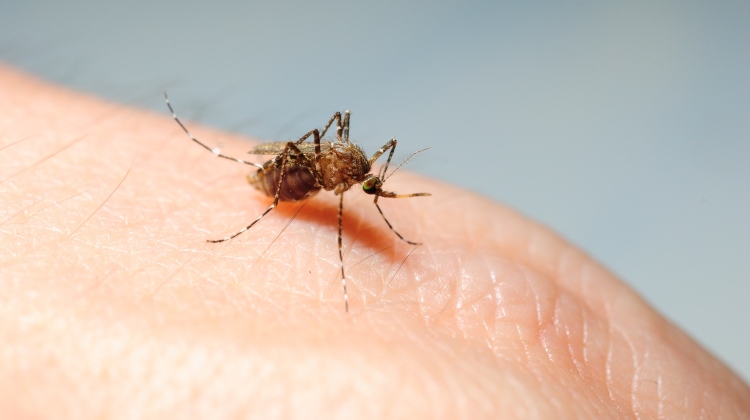


Posing a serious health threat to Singaporeans, dengue fever is an infectious tropical disease transmitted by infected Aedes mosquitoes. These mosquitoes become infected by the virus when they bite infected people, and in a vicious cycle, transmit the infection to the other people they bite. Symptoms of classical dengue fever are flu-like and develop within 4 to 7 days of infection. They include:
Occasionally, dengue fever can develop to potentially lethal complications such as dengue haemorrhagic fever and dengue shock syndrome. Dengue hemorrhagic fever is a severe form of infection by the dengue virus and can result in death. It is characterised by severe bleeding from the gums and nose, and purplish bruises. Dengue shock syndrome usually occurs in children who have had dengue fever before. It is sometimes fatal and is accompanied by massive bleeding and very low blood pressure.
How Can It Be Treated?
According to the World Health Organisation, there is no specific treatment for dengue fever but "early detection and access to proper medical care lowers fatality rates to below 1 per cent." In fact, most people suffering from dengue fever can recover within two weeks as long as they get plenty of bed rest and drink lots of fluids. Patients can also take medicine, such as paracetamol but not aspirin, to reduce fever. However, the more severe forms of dengue fever, such as dengue Hemorrhagic fever and dengue shock syndrome, might require hospitalisation and aggressive emergency treatment.
Keeping Mozzies At Bay
As there is no vaccine for dengue fever, the best way to prevent it is by taking precautions to avoid being bitten by mosquitoes. You can do this by using a mosquito repellent if you are going to be outdoors, especially in the early mornings and in the evening before dusk, when mosquitoes are at their most active. You should also keep unscreened windows and doors closed during these times. Besides taking these precautions, you should also take care to eliminate breeding areas for mosquitoes. You can do this by:
Take note that people who have had dengue before can get it again, so you should carry on taking these precautions regardless of your medical history!